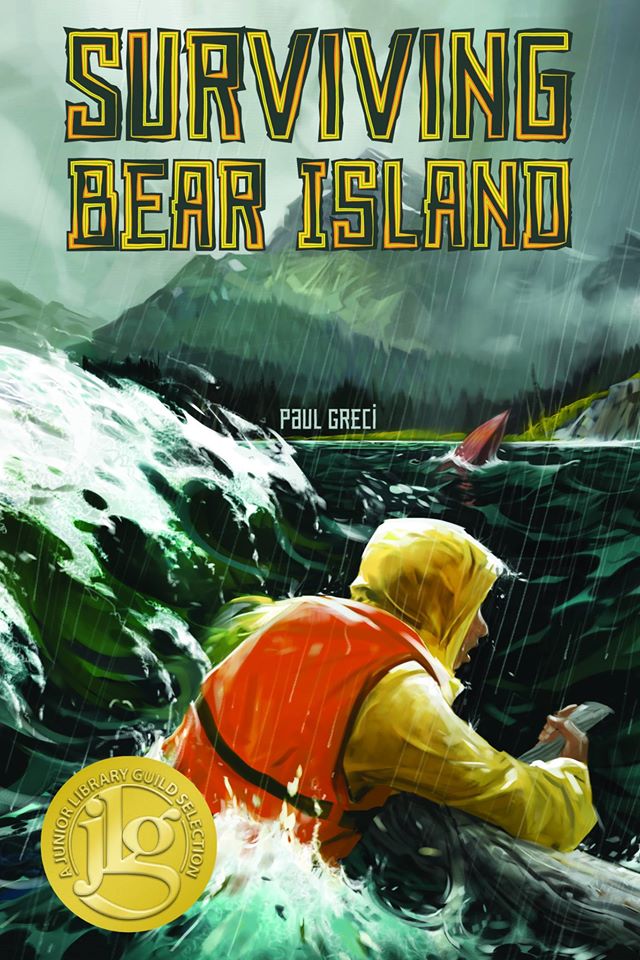When I was teaching, I read close to a hundred books a year, mostly YA. The more books I read, the easier it became to recommend books to my students, who were mostly reluctant and struggling readers. Plus, I love to read.
However, as a writer, I sometimes find it difficult to read when I’m writing. Sometimes the voice of the book I’m reading creeps into the book I’m writing. This happens more in early drafts than in later drafts. Maybe this means I just haven’t found the voice for my book yet, I’m not sure.
 I once had a seventh grade student who came to school all excited about a story he had written. He handed me five notebook pages filled with his neat hand writing, a big smile on his face. And the writing was amazing: He’d copied word for word, the first chapter of Treasure Island.
I once had a seventh grade student who came to school all excited about a story he had written. He handed me five notebook pages filled with his neat hand writing, a big smile on his face. And the writing was amazing: He’d copied word for word, the first chapter of Treasure Island.
What happens to me isn’t that extreme. I’m not starting my novel with: It was the best of times, it was the worst of times. Or, Call me Ishamel.

However, I’ve had more than a few writers tell me they can’t read when they are in the middle of a writing project. Others just keep devouring books non-stop.
Then yesterday, via a link from Natasha Foundren’s blog, I found this quote by Will Self regarding reading while writing:
Stop reading fiction – it’s all lies anyway, and it doesn’t have anything to tell you that you don’t know already (assuming, that is, you’ve read a great deal of fiction in the past; if you haven’t you have no business whatsoever being a writer of fiction).
Right now, I am reading every night, enjoying some great YA novels, as I plow through a rewrite of my current WIP during the day.
However, when I wrote Placement, I didn’t read anything. That story was buzzing in my head, inhabiting me. I’d wake up at night with a plot solution and scribble it down, or with a piece of dialogue, or a new scene idea. No way could I pick up another book.
What about you? Do you read while you are writing? If so, are you reading in your genre or outside of it? Are there specific times in your writing process when you just cannot pick up a book? Are there other times when reading is helpful for you while you are writing? In what way? I’d love to hear your thoughts.


 The start of the Equinox Marathon in Fairbanks, Alaska.
The start of the Equinox Marathon in Fairbanks, Alaska. 














